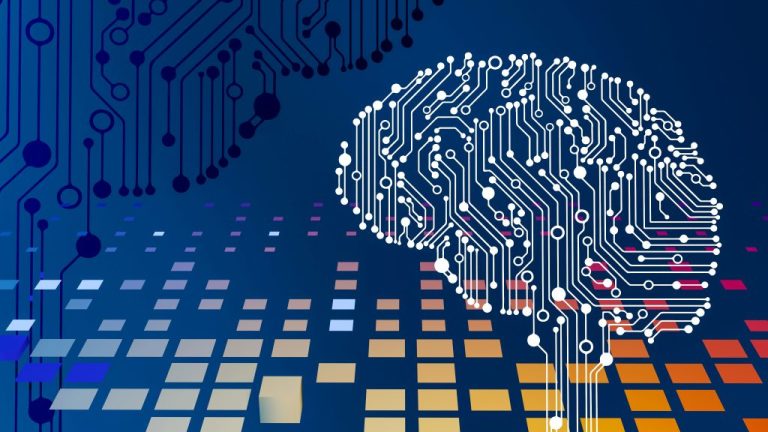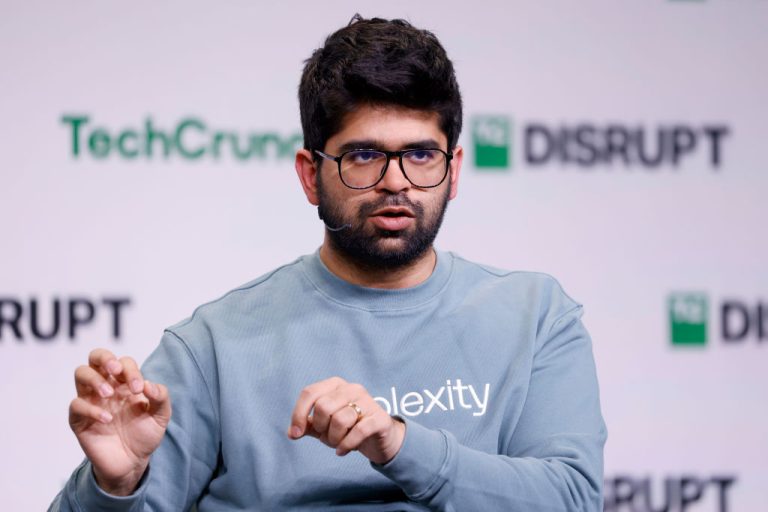SEC Shifts Focus: From Regulating Crypto to Overseeing AI Innovations
News Categories
- AGI
- Applications
- Chatbots
- Face Recognition
- Virtual Assistants
- Voice Recognition
- Artificial Intelligence
- Blockchain
- Cloud
- Companies
- Alibaba
- Amazon
- Apple
- DeepMind
- DeepSeek
- Huawei
- Meta (Facebook)
- Microsoft
- NVIDIA
- Data Center
- Deep & Reinforcement Learning
- Development
- Enterprise
- Ethics & Society
- Industries
- Education
- Energy
- Entertainment & Retail
- Finance
- Gaming
- Healthcare
- Logistics
- Manufacturing
- Military
- Real Estate
- Space
- Telecoms
- Interviews
- Legislation & Government
- Machine Learning
- Privacy
- Quantum Computing
- Research
- Robotics
- Security
- Sponsored Content
- Surveillance
SEC Turns Its Gaze from Crypto to AI
The chairman of the US Securities and Exchange Commission (SEC), Gary Gensler, has announced a new focus on artificial intelligence, transitioning away from the cryptocurrency sector. Gensler, who has previously expressed concerns regarding the cryptocurrency landscape, is now of the opinion that AI represents the technology that truly deserves regulatory scrutiny.
This interest in AI is not new for Gensler; it dates back to 1997 when he became fascinated by the capabilities of artificial intelligence after witnessing Garry Kasparov’s loss to IBM’s supercomputer, Deep Blue. As a professor at MIT, he expanded his knowledge of AI, co-authoring a pivotal paper in 2020 that underscored the risks associated with deep learning in financial systems.
Gensler’s focus now encompasses the potential impact of mass automation in the finance sector, prompting a reassessment of existing regulatory frameworks. He argues that, while AI can significantly enhance the capabilities of financial institutions, it also presents substantial risks that need to be managed. “Mass automation can have cascading implications for trillions of dollars in assets traded in markets under SEC oversight,” he cautions.
One of Gensler’s primary apprehensions relates to the potential for AI to obfuscate accountability during failures. He warns that the synchronization of AI models across major trading firms may lead to heightened market volatility and instability, an area where today’s regulatory frameworks might fall short.
In response to these concerns, Gensler has proposed one of the first regulatory guidelines for AI within the financial sector, advising trading firms and investment managers to rigorously assess their use of AI and predictive analytics for any potential conflicts of interest, particularly when clients’ interests may diverge from corporate profits.
This shift in focus, however, does not imply a reduction in the SEC’s efforts against cryptocurrency. Under Gensler’s guidance, the SEC has taken legal action against prominent crypto entities such as Ripple, Binance, and Coinbase, with several lawsuits still active, indicating an ongoing commitment to combating scams and fraudulent practices in the crypto space.
As AI technology continues to advance rapidly, Gensler’s heightened focus on its implications aims to balance innovation with the imperative of maintaining market integrity and protecting investor interests.
Current Trends in AI Education
Teachers in England have received approval to incorporate AI tools into their educational strategies, enhancing learning experiences.
The impact of AI within the cryptocurrency sector is notable, as it transforms trading techniques and market analysis.
The new AI model from Magistral—Mistral AI—aims to challenge larger tech companies with innovative reasoning abilities.
Join Our Community
Subscribe to stay updated with all the latest tech news and insights delivered directly to your inbox.
Latest Insights
- Artificial Intelligence, Machine Learning, Space: The impact of machine learning on cloud-native container security.
- Artificial Intelligence, Finance, Logistics: Transformative uses of machine learning in business applications.
- Artificial Intelligence, Face Recognition, Security: Allegations of AI and bots manipulating music streaming statistics.
- Artificial Intelligence, Space: Advantages of collaborating with outsourced developers.
Magistral: Mistral AI Challenges Big Tech with Reasoning Model
Mistral AI is making waves in the tech landscape by introducing a robust reasoning model that directly competes with established big tech companies. This innovative approach is designed to enhance the capabilities of AI systems, facilitating improved decision-making and problem-solving processes across various applications.
The AI Blockchain: What Is It Really?
The concept of an AI blockchain is gaining attention, but what does it really entail? This hybrid technology promises to integrate the decentralized nature of blockchain with the analytical prowess of AI. The potential applications are vast, ranging from secure data sharing to improving network efficiencies, signaling a transformative shift in how data is utilized in AI systems.
Apple Opens Core AI Model to Developers Amid Measured WWDC Strategy
In a strategic move during this year’s WWDC, Apple has made its core AI model accessible to developers. This initiative reflects Apple’s commitment to fostering innovation within its ecosystem while maintaining a balanced approach to AI development. By opening up its resources, Apple aims to empower developers to create groundbreaking applications that leverage AI technology effectively.







